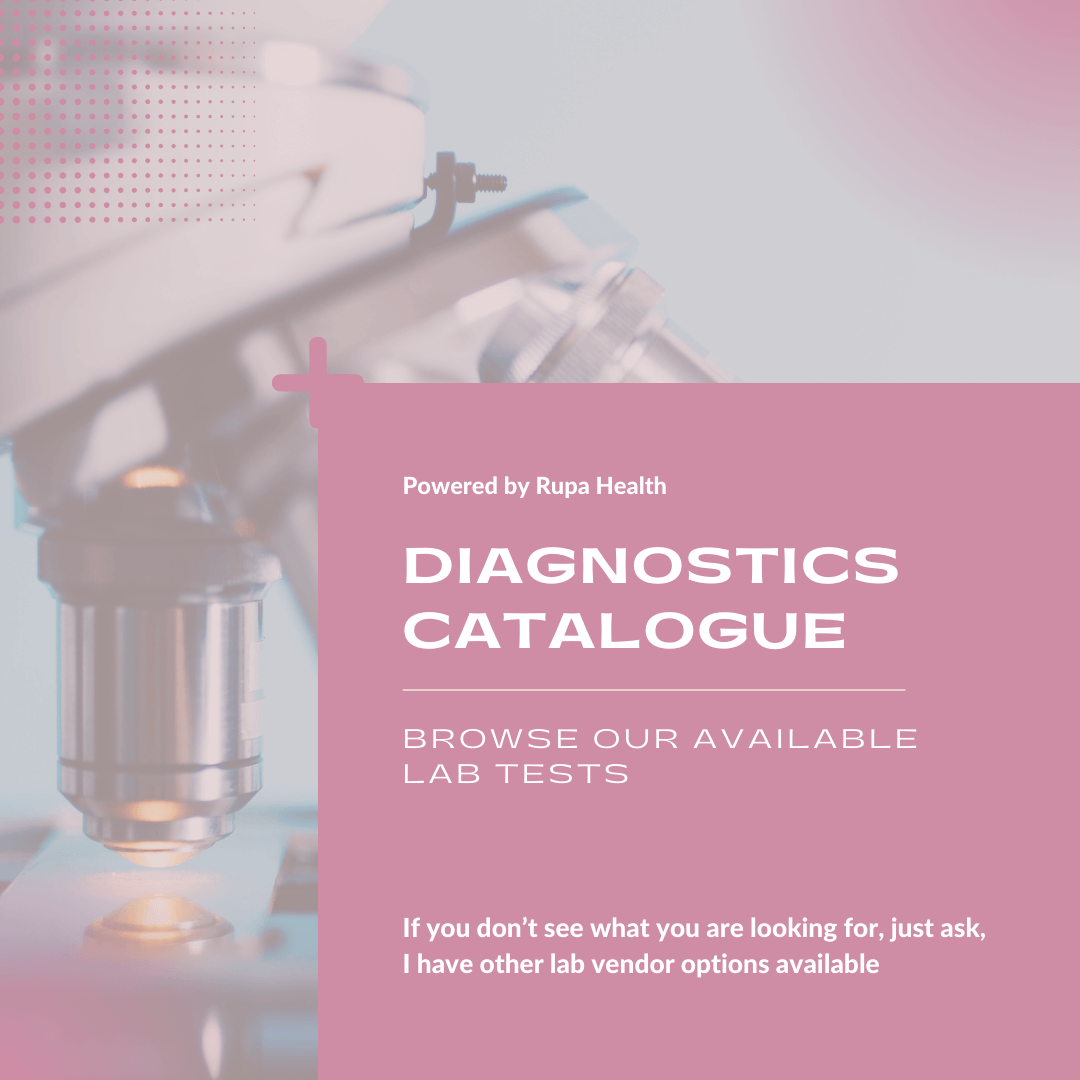The Food, Mood & Poop Journal
(FMPJ)
A Comprehensive Tracking tool for Digestive Health
Introducing the Food, Mood, Poop Journal: A Comprehensive Tracking Tool for Digestive Health
When it comes to managing and improving digestive health, understanding the relationship between what we eat and how we feel is crucial. The Food, Mood, Poop Journal is an innovative tool designed to help individuals make these connections clearer. This journal allows us to track our daily dietary intake, mood variations, and bowel movements, providing invaluable insights into how different foods impact overall health and well-being.
Welcome to a transformative approach to understanding and improving your gut health—the Food, Mood, Poop Journal (FMPJ). This comprehensive tool is designed to help you discover the intricate connections between what you eat, how you feel, and the quality of your bowel movements. By tracking these critical elements, the FMPJ provides personalized insights that empower you to make informed decisions about your diet and lifestyle, ultimately enhancing your overall well-being.
In functional wellness, we often emphasize the balance between various bodily systems. The FMPJ serves as a practical resource to help you apply this balance by observing and adjusting based on real-time feedback from your own body. Whether you're dealing with digestive discomfort, food sensitivities, or just aiming to optimize your health, this journal is your daily companion in the pursuit of a happier gut and a healthier life.
Food Tracking
Enhancing Health through Dietary Awareness
Food tracking is a methodical approach to monitoring what you eat in order to understand and improve your health. It involves recording every item you consume, including meals, snacks, and beverages. This practice can help identify dietary patterns, recognize food intolerances or sensitivities, and ensure a balanced intake of nutrients. Here’s a detailed exploration of food tracking, its benefits, and how to effectively implement it.

PURPOSE OF FOOD TRACKING
The primary goal of food tracking is to gain a detailed understanding of your diet and its effects on your health. This information can be used to:
Identify Nutritional Gaps: Track your intake of various nutrients to ensure you're meeting your dietary needs.
Manage Health Conditions: Understand how different foods impact medical conditions like diabetes, heart disease, or digestive issues.
Weight Management: Monitor calorie intake for weight loss, gain, or maintenance.
Discover Food Sensitivities: Notice patterns related to food sensitivities or allergies by correlating what you eat with how you feel physically and mentally.
Improve Eating Habits: Become more mindful of your eating habits, portion sizes, and meal timing.
BENEFITS OF FOOD TRACKING
Increased Awareness: Keeping a food diary makes you more conscious of what you're eating. This awareness can lead to healthier choices and portion cont
Data-Driven Insights: Over time, tracking provides valuable data that can highlight the impact of dietary changes and help tailor individualized nutrition plans.
Behavioral Change: Regular tracking can reinforce good eating habits and deter overeating or poor food choices.
Empowerment and Control: Understanding the relationship between food and health empowers individuals to make informed decisions that can control and improve their health outcomes.
Getting the Most Out of Your Journal
To effectively use the Food, Mood, Poop Journal, commit to making regular entries and be as detailed as possible. Consistency is key to uncovering patterns and making the necessary adjustments to improve your health. Each week, take time to review your entries, note any trends, and consider how you might adapt your diet and lifestyle to foster better gut health.
This journal not only serves as a daily log but also as a guide to educate you on the importance of each tracked aspect and how they interrelate.
The Food, Mood, Poop Journal is an invaluable resource for anyone looking to enhance their digestive health, emotional well-being, and overall quality of life. By integrating this tool into your daily routine, you embark on a path of greater self-awareness and proactive health management, leading to a healthier, more balanced you
HOW TO TRACK FOOD EFFECTIVELY
Be Consistent: The key to successful food tracking is consistency. Aim to record your food intake every day to get a comprehensive view of your dietary habits.
Detail is Key: Include specifics such as the type of food, amount, preparation method, and timing of meals. The more detailed your entries, the more useful the data will be.
Use Tools and Apps: Many apps and tools are available to simplify food tracking. These can automatically calculate calorie intake, nutritional content, and offer insights based on your entries.
Review Regularly: Set a regular schedule to review your food diary. Look for patterns or trends that could be impacting your health, and adjust your diet accordingly.
Combine with Other Health Data: To enhance the benefits of food tracking, combine it with tracking other health metrics such as weight, mood, physical activity, and sleep.
TIPS FOR EFFECTIVE FOOD TRACKING
Start Simple: If you’re new to food tracking, start by simply writing down everything you eat and drink. You can gradually start adding more details as you get used to the process.
Be Honest: It’s important to record everything accurately, even if you overeat or consume unhealthy foods. This honesty will provide you with the most beneficial insights.
Include Context: Sometimes, the context in which you eat is as important as what you eat. Note if you’re eating out of hunger, stress, boredom, or social obligations.
Utilize Technology: Leverage technology to make tracking easier. Many apps not only track what you eat but also provide nutritional breakdowns and personalized feedback.
Food tracking is a powerful tool for gaining insight into your dietary habits and their impact on your health. By consistently monitoring what you eat, you can make informed decisions that enhance your nutritional well-being, manage health conditions, and improve overall quality of life. Whether manually using a journal or digitally with an app, the discipline of food tracking can lead to significant health benefits and a deeper understanding of the relationship between your diet and health.
This page contains affiliate links. This means I may earn a commission should you choose to sign up for a program or make a purchase using my link.
Functional Diagnostic Nutrition® health coaches do not diagnose, treat, prevent, or cure any
disease or condition. Nothing we share with our clients is intended to substitute for the advice,
treatment or diagnosis of a qualified licensed physician. Functional Diagnostic Nutrition® (FDN)
Practitioners may not make any medical diagnoses or claim, nor substitute for your personal
physician’s care. It is the role of a Functional Diagnostic Nutrition® Practitioner to partner with
their clients to provide ongoing support and accountability in an opt-in model of self-care and
should be done under the supervision of a licensed physician.









